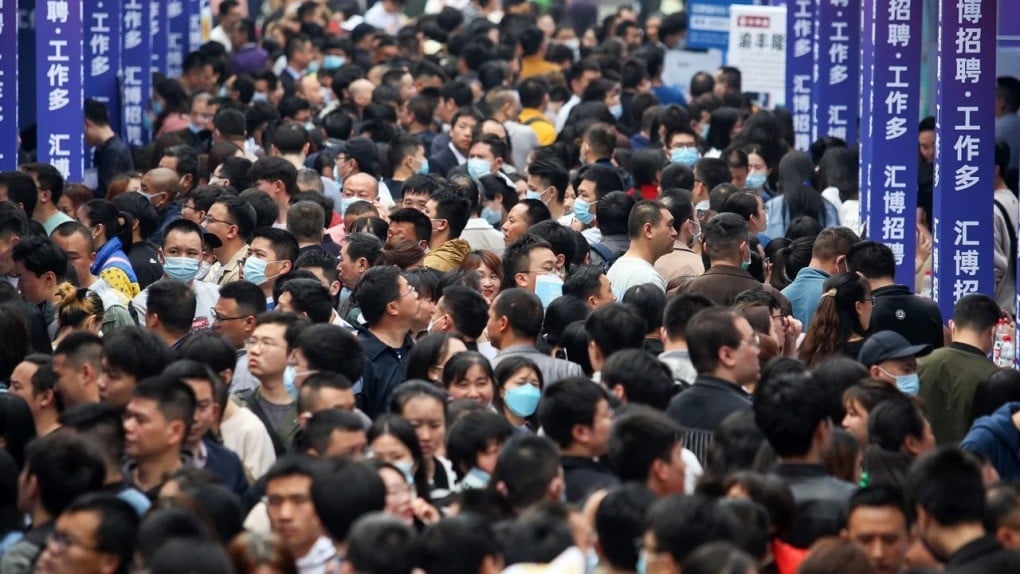 |
| Crowded scene at a job fair in Chongqing, China on April 11. (Source: CNN) |
Record number of unemployed youth
In April 2023, youth unemployment hit a new high and there are signs it could get worse in the coming months as millions of new university graduates enter the labour market.
CNN estimates that this summer, about 11.6 million college graduates will enter an already crowded job market.
"The pressure from new college graduates will increase around July," said Bruce Pang, chief economist for Greater China at Jones Lang LaSalle Inc.
In April, the unemployment rate for young people aged 16-24 in urban areas of China jumped to 20.4% - the highest level according to official data since 2018.
Goldman Sachs Group Inc. estimates that about 6 million young Chinese are unemployed, 3 million more than before the Covid-19 pandemic.
In the US, the unemployment rate for those aged 16-24 is just 6.5%, while in the Eurozone, the unemployment rate for those under 25 is 14.3%.
Young people dominate jobs in service industries, such as restaurants and retail - sectors that have been hit hard during the pandemic, as China imposed strict controls such as lockdowns and quarantines in many cities to limit infections.
Last year, China's economic growth slowed to 3%.
In recent years, Beijing's tightening of regulations in the education , technology and real estate sectors has led to large-scale job losses, making these sectors less viable options for young and ambitious job seekers.
In addition to the above factors, unemployment is also rising due to demographic changes. China now has more university graduates than ever before, and many are reluctant to take long-hour, low-paying factory jobs rather than choosing jobs that match their skills.
Many companies remain cautious about increasing capital expenditure or hiring more people, according to Louis Kuijs, chief economist for Asia Pacific at S&P Global Ratings. He cited “pressure on corporate profits and the uncertain economic recovery” as key factors.
Duncan Wrigley, chief China economist at Pantheon Macroeconomics, said the rising youth unemployment rate was due to a “skills mismatch” in the labor market.
“A sustained economic recovery is the best medicine for private sector sentiment,” Mr. Wrigley said. “ The government can do more to promote market-based reforms to revitalize the economy. This will allow the private sector to create more high-quality jobs in the long term, which can help address youth unemployment.”
The government is trying to create jobs.
Rising unemployment means less income for young people and less spending on things like mobile phones, entertainment and travel. This will reduce economic output.
While difficult to quantify, according to Bloomberg , young people in China are an important driver of overall consumption in the economy. High unemployment affects confidence in the economy and could depress productivity if it persists.
In China, unemployment is also fueling social discontent among young people. "Tang ping" or "lie-still philosophy" is a phrase that has been mentioned with high frequency recently on the Chinese Internet.
This trend refers to a sedentary lifestyle. Instead of working and doing productive work; instead of striving towards getting an education, buying a house or starting a family; this lifestyle advocates giving up on all goals and simply staying still.
Chinese President Xi Jinping has publicly condemned this lifestyle: "It is necessary to prevent social class stagnation, promote upward social mobility, create opportunities for more people to become rich, and improve an environment in which everyone participates, avoiding staying still."
Beijing has been pushing state-owned companies to hire more fresh graduates by subsidizing businesses to hire young people and trying to boost vocational education to address the economy's skills gap.
Last month, the country also announced a detailed plan outlining measures to expand hiring and provide subsidies to employers to encourage them to hire more.
The Guangdong provincial government has proposed a solution: it will send 300,000 unemployed people back to their hometowns for two or three years to find jobs.
The moves show the government is focusing on “direct, structural administrative solutions” rather than “relying on broad-based stimulus measures to try to attract jobs,” Michael Hirson, head of China research at 22V Research, wrote in a research report.
Ultimately, however, job creation will depend on stronger economic growth, especially in the service industries where young people dominate. While business and consumer activity have rebounded since the second-largest economy reopened, spending has yet to return to pre-pandemic levels, Bloomberg said.
Private businesses will need to feel more confident about growth prospects before they invest and expand their workforce.
Source


![[Photo] Binh Trieu 1 Bridge has been completed, raised by 1.1m, and will open to traffic at the end of November.](https://vphoto.vietnam.vn/thumb/1200x675/vietnam/resource/IMAGE/2025/10/2/a6549e2a3b5848a1ba76a1ded6141fae)








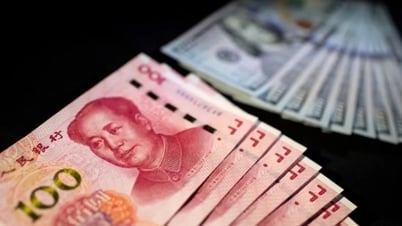


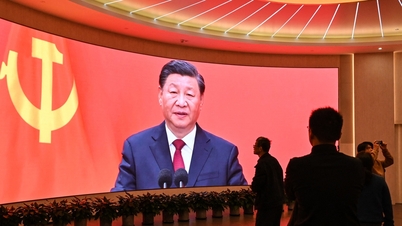

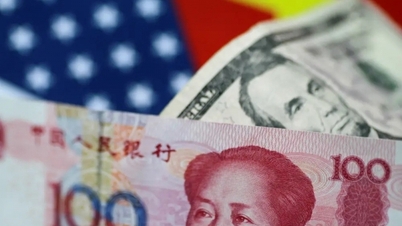


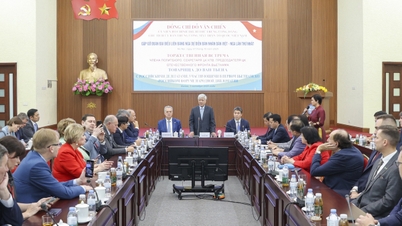


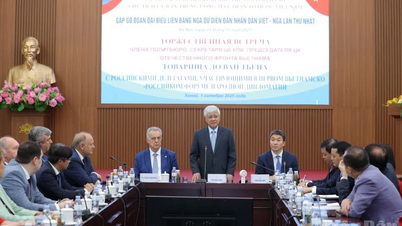







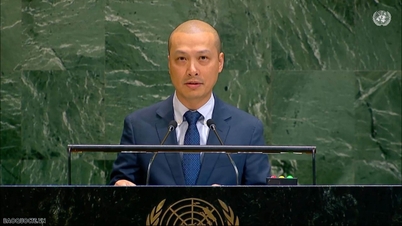

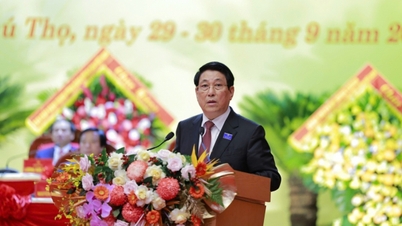
















































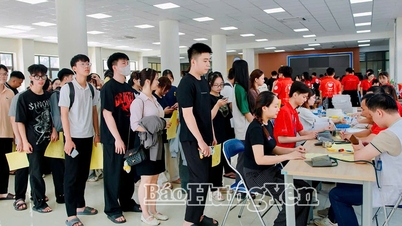







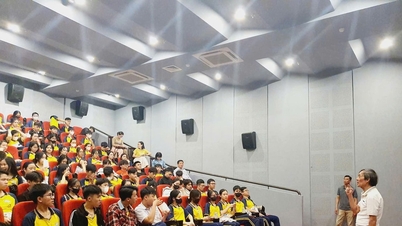













Comment (0)